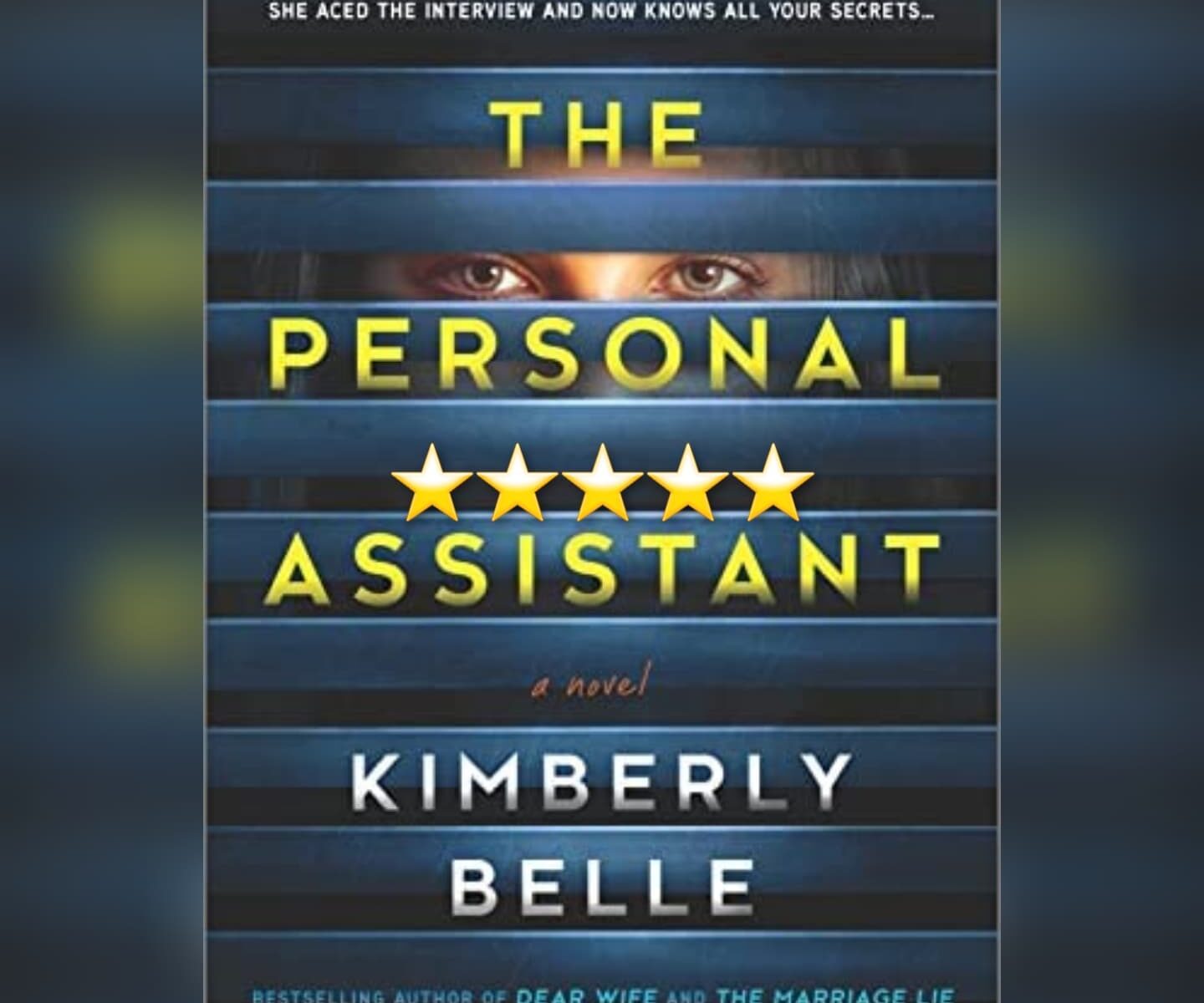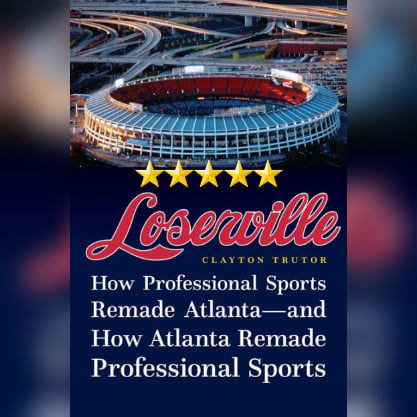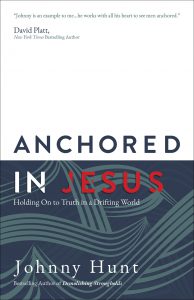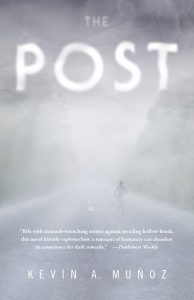Crystal Palaces Still Hide Much. Growing up, it seemed that one aunt in particular always had the perfect… well, everything, other than not having kids herself and having married a couple of times. She was the one that my brothers and I always dreaded coming over, because we knew we would have to clean the house to her (damn near white glove) level, and we *hated* that. (Meh, we were young Southern boys. ie, not exactly the cleanest neat freaks around. 😉 )
Get to a point about the freaking book, Sexton…
I’ve noted in reviews of other books in this series that Bratt manages to detail small town rural northern Georgia (outside of the Atlanta Metro area) remarkably well, and here Bratt shows even more of both the features and the bugs of the region. Including the all-too-real scenario of the aunt who has it all… but doesn’t, as I’ve learned later in life. In real life as in this book, there are a lot of trials and travails that for various reasons the person chooses to hide, particularly from their siblings’ kids and even from their siblings themselves. Even the exact scenarios here… are all too common. (To be clear, even now I have no idea about the exact circumstances in my real-life aunt’s case.)
Fortunately (so far as I know), it never got quite as intense as the one scene from the trigger warning in the book. And while I’m no fan of trigger warnings… yes, even that nearly successful attempted suicide scene – it is stopped in the last seconds by an intervening action – deserves a mention in reviews at minimum, as it *is* something that could cause others issues. Seriously, that thing was *that* intense, some of the most tense moments Bratt has ever weaved into any of the dozen or two of her books that I’ve now read.
But that is still just one scene in an otherwise compelling book that continues the story of Deputy Taylor Gray’s family and community, this one with yet another heinous and yet all too real crime, though I do not remember seeing an author’s note to see if this one (like others in the series) was based on specific cases from the general region.
Start with book one, but go ahead and order the entire series if you haven’t yet. You’re going to want them all anyway. 😉
Very much recommended.
This review of Borrowed Time by Kay Bratt was originally written on April 11, 2023.







